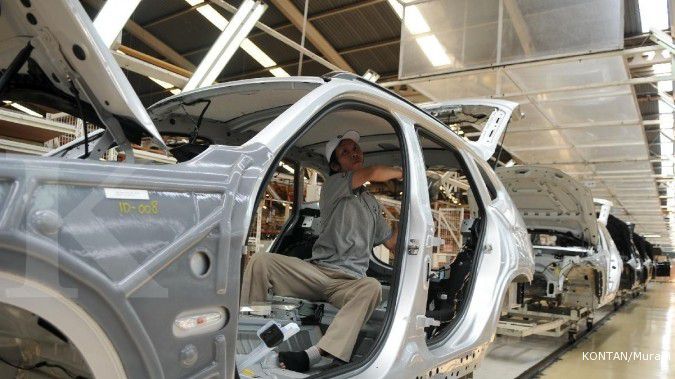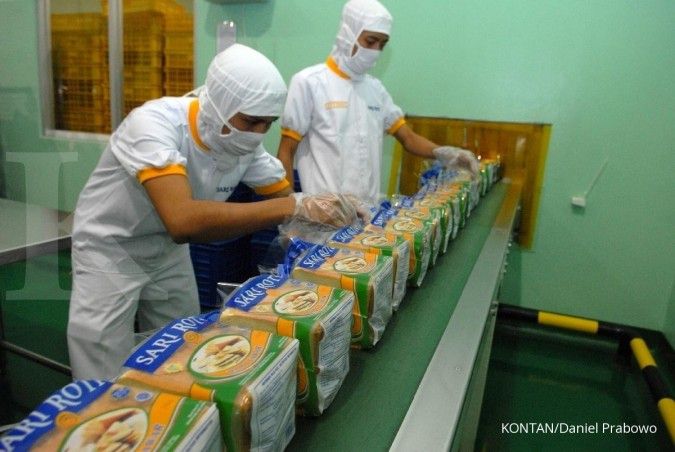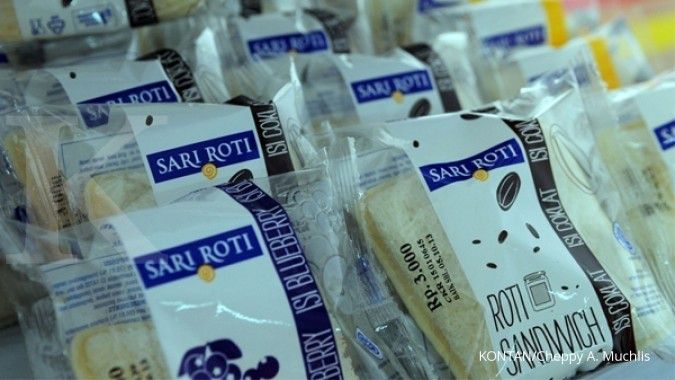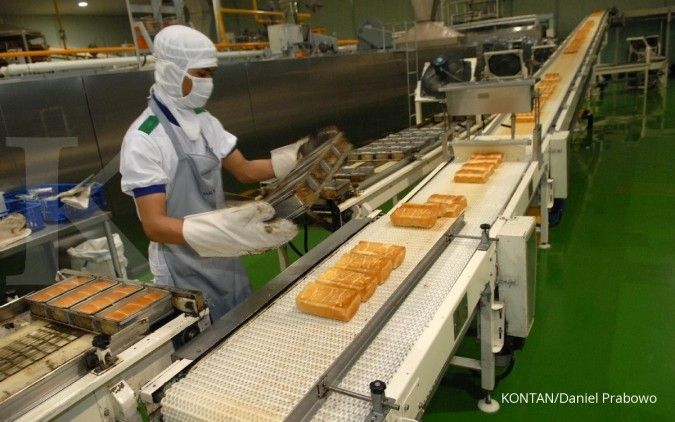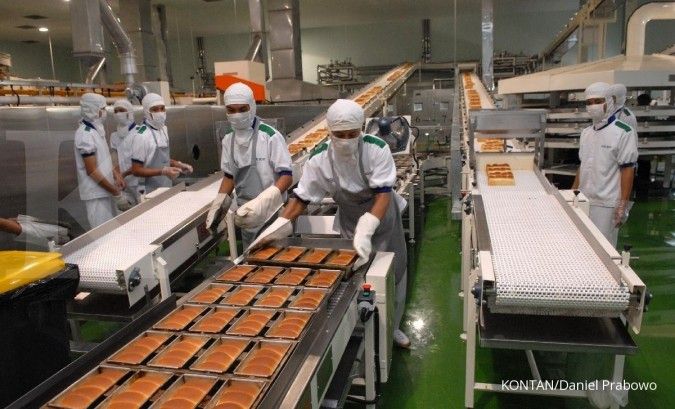JAKARTA. Bread maker PT Nippon Indosari Corpindo sees no sign of a slowdown in its business, despite volatility in both currency and raw material prices, as the busy lifestyle of urban residents has helped boost demand for its products.
“The fluctuating prices of wheat and the weaker rupiah have definitely affected us, but it is not that significant as we’ve secured contracts [at agreed prices] with a number of suppliers,” Nippon Indosari spokesman Stephen Orlando said on Thursday.
The global wheat price is forecast to skyrocket from its current level of around US$5.19 to $12 a bushel if weather conditions remain normal, according to US analyst Shawn Hacket as quoted by Bloomberg.
In contrast, the rupiah, the currency used by Nippon Indosari for most of its transactions, had depreciated to a level of Rp 12.967 per dollar by Friday.
Other than partnering with a number of suppliers, Nippon Indosari had minimized the risks from the fluctuations in commodity prices by maintaining the optimum inventory level of wheat flour and chocolate as well as passing the price hike on to its customers, the firm stated in its financial report.
In addition, many more people —particularly city residents— were opting for bread products for their breakfast as they had no time to cook before leaving for work, Stephen said.
Nippon Indosari —best known for its Sari Roti brand— aimed to book a minimum of 20 percent growth in its revenues this year, he said.
The company registered a 24.5 percent increase in its net sales to Rp 1.88 trillion ($144.6 million) last year from Rp 1.51 trillion in 2013, according to its annual financial report which was published on the Jakarta Stock Exchange (IDX) website.
Sales of white bread accounted for 63.8 percent of the firm’s net sales last year, surpassing the popularity of confectionery bread, which contributed 75.5 percent of the firm’s net sales in 2013.
New products minibun and dorayaki, which were launched last year, have started gaining traction among consumers with contributions of 2.6 percent and 0.9 percent, respectively.
The publicly listed company, whose shares are traded on the stock market under the code ROTI, saw its net profits surge by 19.3 percent to Rp 188.58 billion last year from Rp 158.02 billion in 2013.
Stephen said that his firm would keep innovating to provide new bread variants for consumers after previously launching two new variants in the first quarter of this year.
The firm currently has 10 factories located in Java, Sumatra and Sulawesi, with total production of 4 million units of bread daily.
Stephen said that his firm would invest around Rp 350 billion in capital expenditure (capex) to expand its business this year, with Rp 160 billion coming from a previous bond issue and the remaining Rp 190 billion coming from internal reserves.
The company issued Rp 500 billion in bonds in March, the second bond issuance as part of its Rp 1 trillion-sustaining bonds. (Khoirul Amin)
/2014/12/03/1228107029p.jpg)
